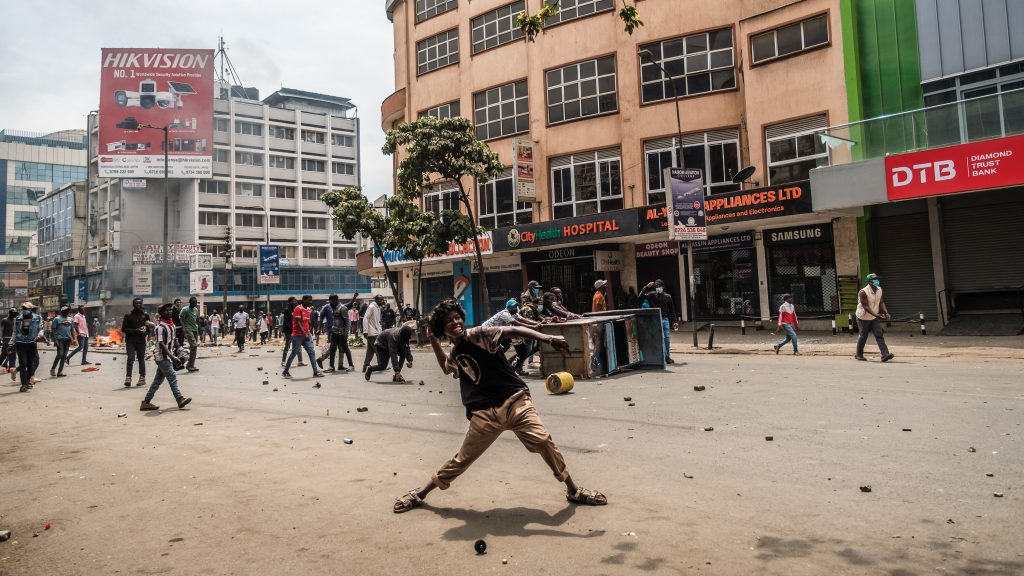Five young Kenyan men, who had disappeared in a wave of abductions targeting government critics, were freed on Monday, according to local media and rights groups. The spate of kidnappings, which has sparked national debate, began during the Christmas holidays, with at least six men reported missing. Among those released was 24-year-old college student Billy Mwangi, who was found in Embu town appearing frail, as reported by the Daily Nation.
Billy’s father, Gerald Mwangi, told Citizen TV that his son was in good health but refrained from discussing his ordeal for now. Police confirmed that Mwangi, Peter Muteti, and Rony Kiplagat had rejoined their families, while a fourth individual turned himself in at a police station. Rights organisations, however, remain sceptical about the thoroughness of investigations, citing a lack of progress thus far.

One of the abducted men, cartoonist Gideon Kibet—known as Kibet Bull—also resurfaced. Reports indicate that Mwangi and Muteti had previously posted AI-generated images of President William Ruto in a coffin, an act believed to have triggered their detainment. Human rights groups blame a covert unit comprising intelligence and counter-terrorism operatives for the kidnappings.
Amnesty International Kenya director Irungu Houghton accused the government of being complicit at the highest levels. Houghton suggested that the releases might be a strategic move to weaken a pending court case challenging the government on enforced disappearances. He warned that the administration’s heavy-handed tactics could backfire by fueling public anger and renewed protests.
President Ruto recently pledged to end abductions, admitting that some “extrajudicial actions” by security forces had occurred. However, the government’s crackdown on protests, which left at least 60 people dead last year, has muted large-scale demonstrations in recent months. Critics argue that the state’s violent suppression of dissent risks reigniting unrest.


